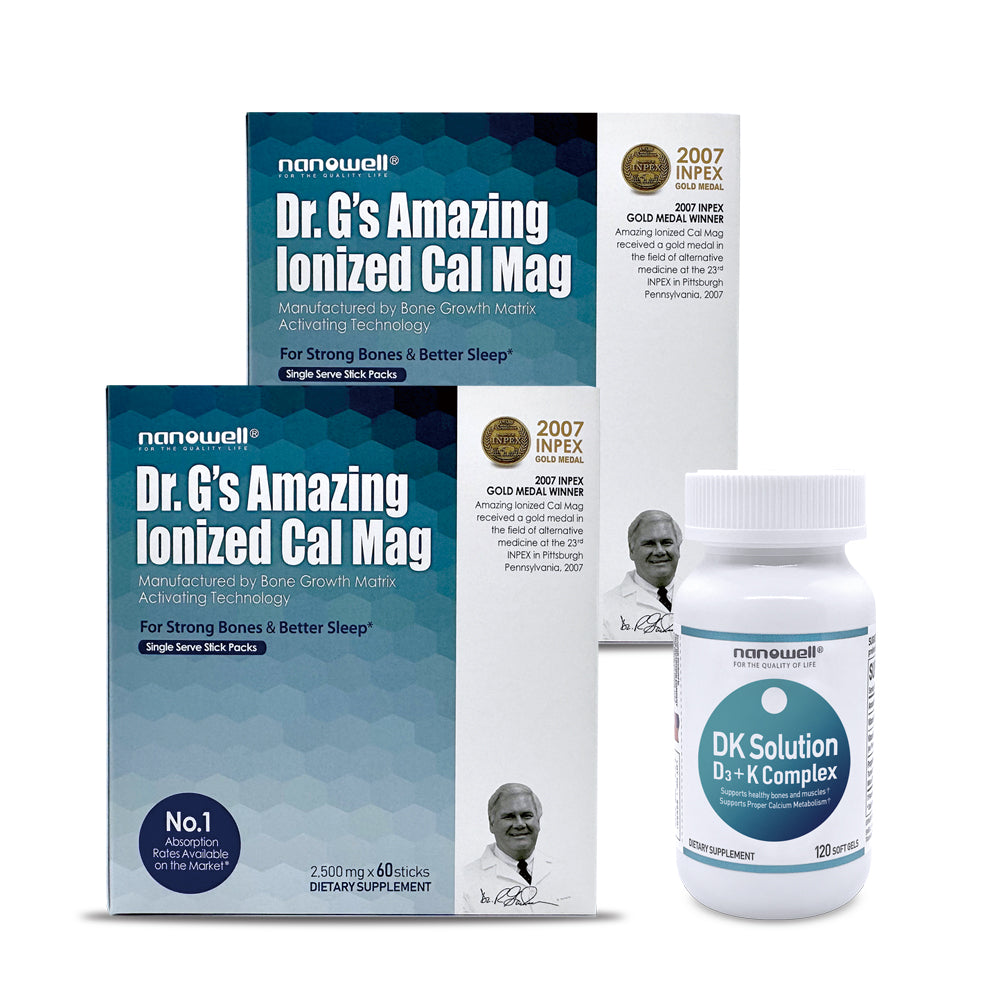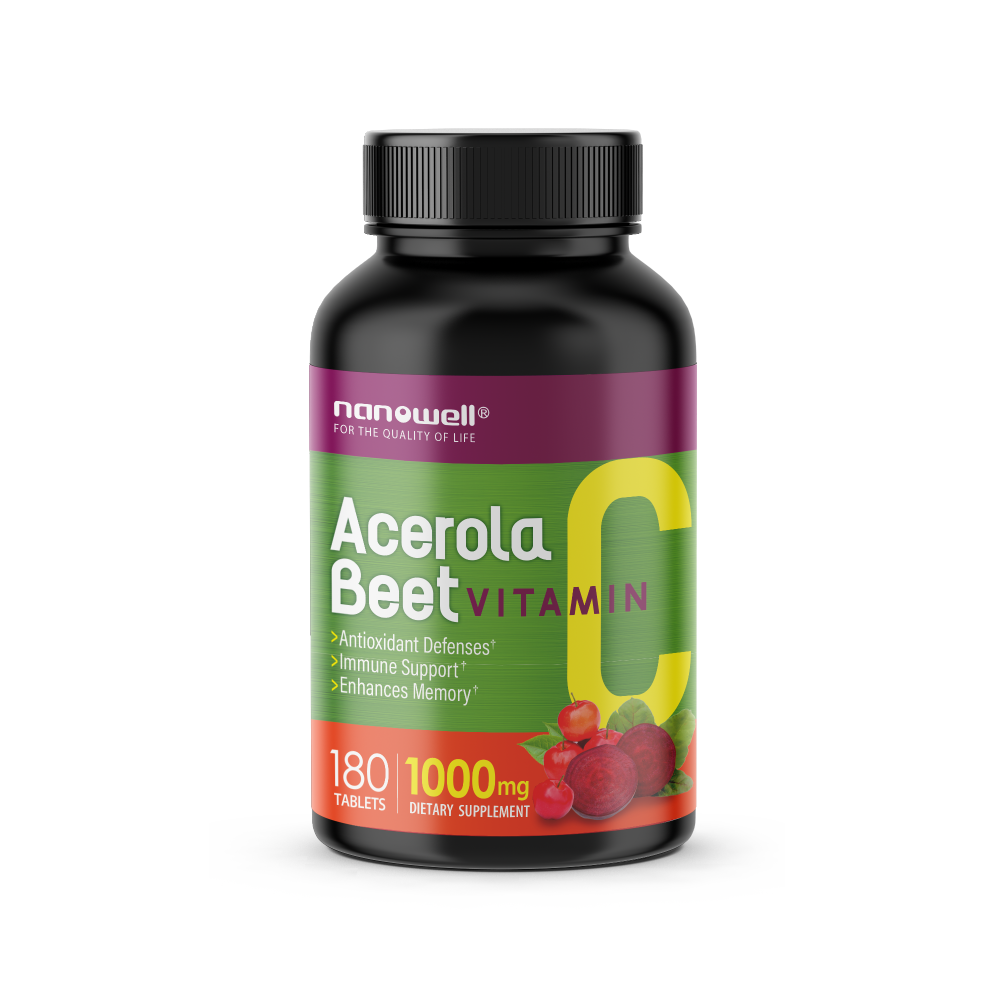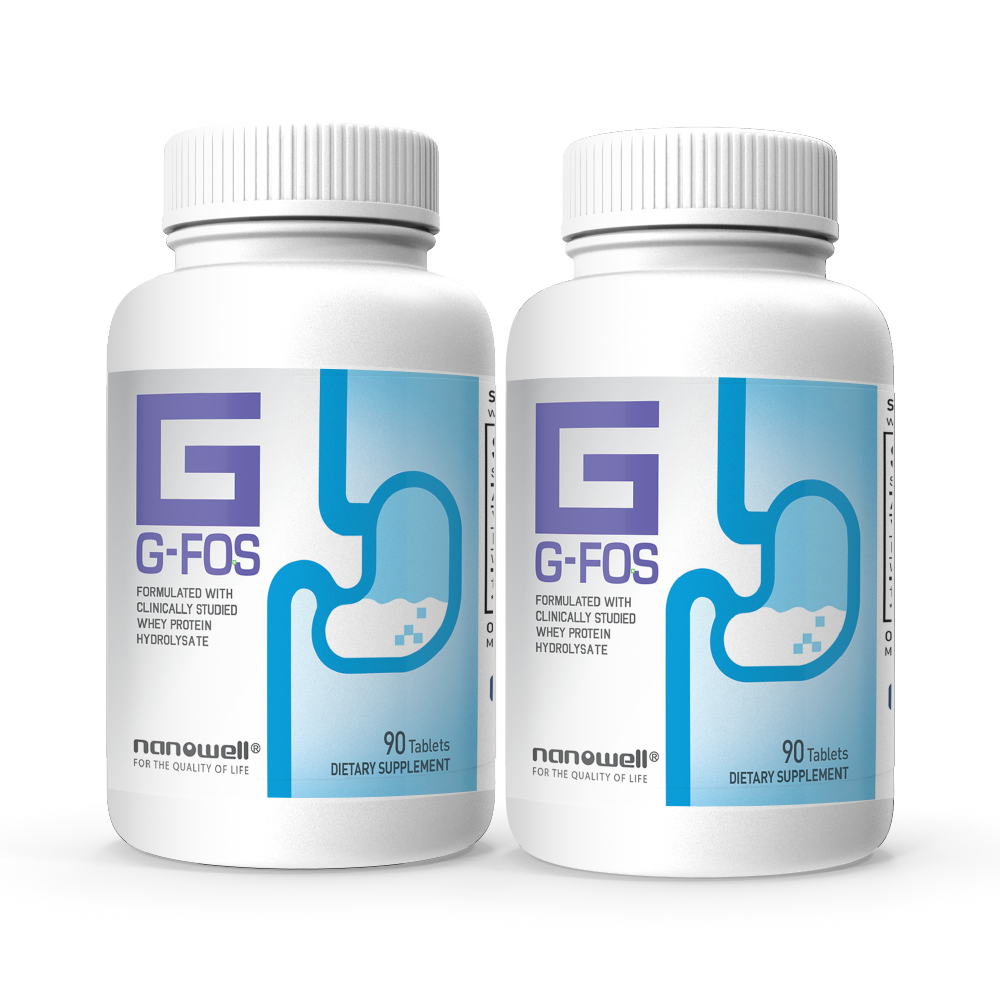
What Is Acerola Cherry?
Acerola cherry supplement
Acerola cherry is a plant that is native to tropical regions of the Western Hemisphere. It’s also commonly called the West Indies cherry, Barbados cherry, or just simply “acerola.” It’s believed that the shrub-like plant originated in southern Mexico and the Caribbean.
Acerola produces cherry-like berries, but it’s not a true cherry. These berries are pleasant-tasting and have been used in modern and folk medicine. Traditional uses include treatment for liver ailments, diarrhea, dysentery, coughs, and colds.
Recently, there has been interest in using acerola’s vitamin C content as a supplement. There are many health and wellness claims made about this supplement, but not all have research to back them up.
Acerola is most well-known for being extremely rich in vitamin C. Because of this, it’s often used to help with or prevent colds or flu. It’s also used as an antioxidant nutrient. Together with vitamin C, acerola may be taken to boost immunity.
Similar to witch hazel, acerola cherry is an astringent. This could make it helpful for treating skin blemishes, promoting skin elasticity, and aiding digestive issues. It may even have use as an antimicrobial mouth wash.
Other uses of acerola include:
- antidepressant
- antifungal
- athletic endurance
- diarrhea
- dysentery
- skin astringent (cream)
Acerola’s health benefits are mostly due to its richness in vitamin C. The more the fruit ripens, the more vitamin C is lost — and acerola ripens very quickly.
In a study of various vitamin C-containing fruits and their relative amounts, acerola outperformed all the rest, especially when grown organically. The fruit has reportedly higher amounts of vitamin C than even oranges and strawberries, and it’s only outdone by rosehips. The berry was also found to be a very significant source of vitamin A.
Vitamin C is a required nutrient and water-soluble vitamin and is not stored in the body, so you need to take a source of water-soluble vitamins in daily. Along with vitamin A, vitamin C is a known antioxidant, helping prevent free radical damage and certain illnesses. Recent studies affirm that acerola is quite antioxidant-rich.
Vitamin C also builds collagen, protects mucus membranes, and prevents scurvy. Vitamin C is important to keep the immune system functioning and help the body fight infections, viruses, and even cancer. While more research is needed, one study demonstrated that in the laboratory, cherries high in antioxidants and vitamin C had the ability to assist the body in stopping the growth of colon cancer.
Of all the research on acerola cherry, the studies that focus on vitamin C are the most thorough. This confirms its place as an all-natural vitamin C supplement, which may be used for cold and flu support. As for its other health benefits, more research is needed.
Acerola, when consumed as a food, also contains good amounts of the following nutrients:
- calcium
- iron
- niacin (vitamin B-3)
- phosphorus
- riboflavin (vitamin B-2)
- thiamine (vitamin B-1)





